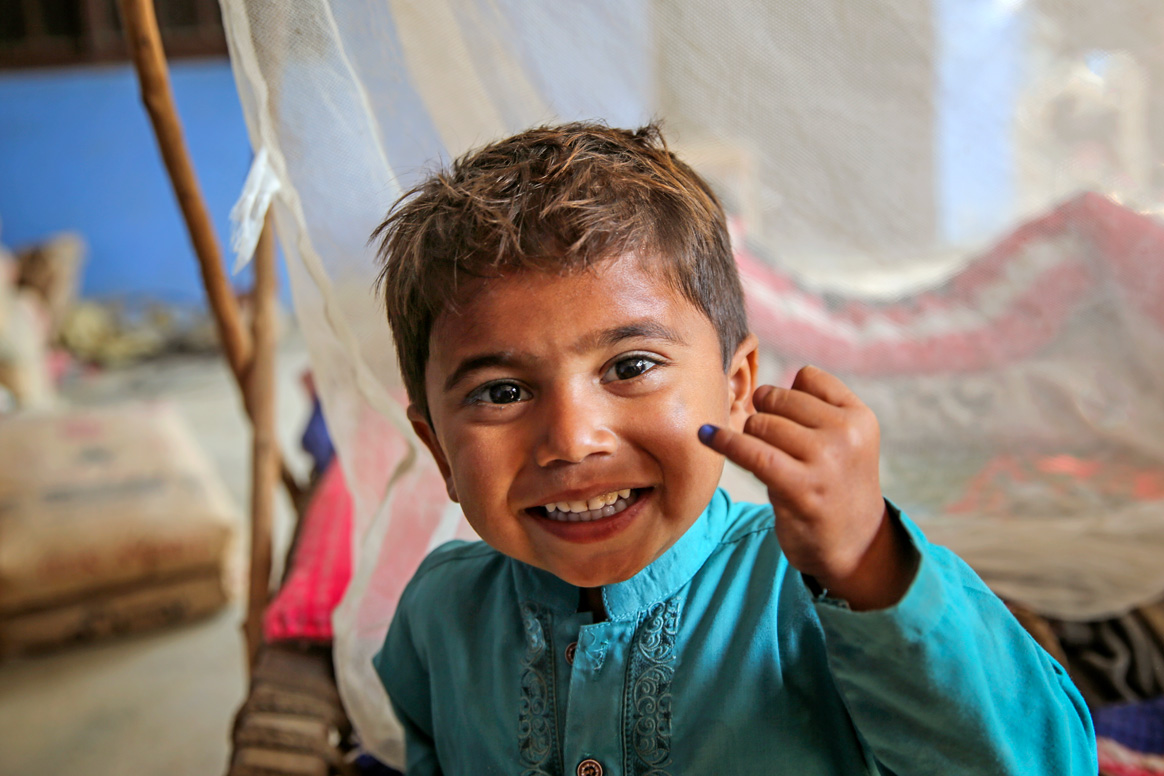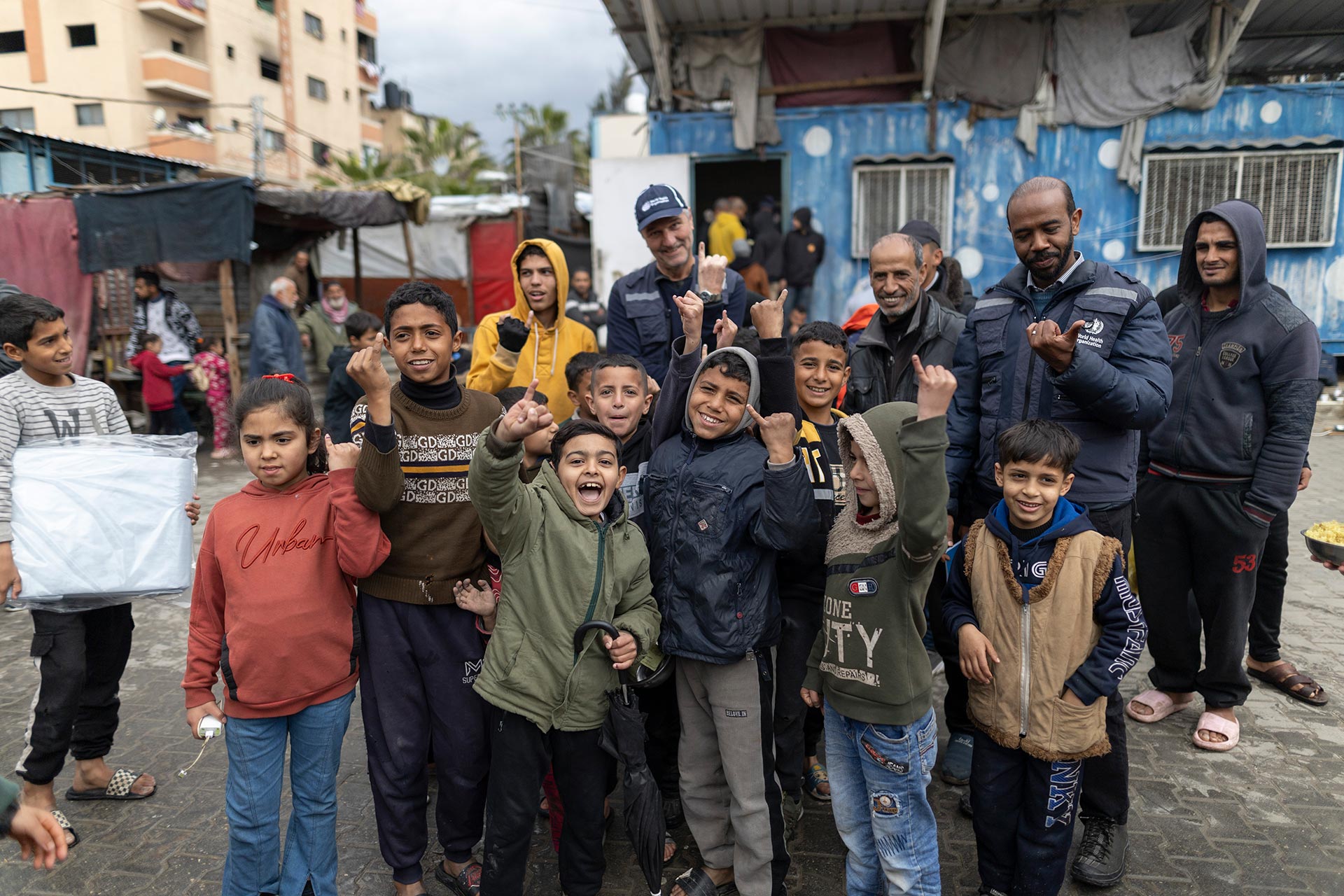
On the long road to global polio eradication, the programme has achieved four important milestones, representing four out of six WHO regions that have been certified as having interrupted transmission of wild poliovirus (WPVs): Region of the Americas (1994), the Western Pacific Region (2000), the European Region (2002), and the South-East Asia Region (2014).
At present, only the Eastern Mediterranean and African regions— no WPV reported in Africa since 2016, the African region may be eligible for regional certification as early as late 2019—remain to be certified in the path towards global eradication and hence constitute a key priority.
But who decides that a region is free of WPV?
The Eastern Mediterranean Regional Commission for Certification of Poliomyelitis Eradication (ERCC) is an independent body appointed in 1995 by the WHO Regional Director for Eastern Mediterranean to oversee the certification and containment processes in the region. It is the only body with the power to certify the Region free from wild polio, which convenes annually. Here are the outcomes of the recent ERCC meeting:
Urgent need to address regional priorities
The Commission noted with concern the need to stop the ongoing wild poliovirus type 1 transmission in the only two remaining polio-endemic countries in the Region: Afghanistan and Pakistan. The RCC acknowledged the on-going eradication efforts but strongly recommended the full implementation of the respective national emergency polio programmes through complete political and programmatic support to tackle the WPV1 transmission in the common Pak-Afghan epidemiological corridor, which remains unabated. The Commission also expressed concern about the current circulating vaccine-derived poliovirus type 2 and 3 transmissions in Somalia.
Wild poliovirus type 3 certification prospects
The Commission, however, marked the good progress made towards curbing wild poliovirus type 3 (WPV3). Extensive analyses of the stool and environmental surveillance samples provided evidence that no WPV3 is in transmission in the Region. Based on the epidemiology, EMRO – along with the rest of the world – may be up for global WPV3-free certification by the GCC, potentially certifying two of three poliovirus strains eradicated—WPV2 strain was certified as globally eradicated in 2015.
Stepping-up is the need of the hour
So far, sixty cases of WPV1 are reported from two countries (Pakistan and Afghanistan) in 2019. Given the existing WPV1 transmission in the two remaining endemic countries of the Region, the RCC asked that the Member States undertake a firm commitment necessary for reaching zero.
Eastern Mediterranean Regional Commission for Certification of Polio Eradication (ERCC)
The Thirty-third meeting of the EMRO RCC was held in Muscat, Oman, to discuss the Regional progress towards a polio-free certification. The meeting brought together members of the RCC, chairpersons of the National Certification Committees, polio programme representatives of 21 countries, and WHO staff from the headquarters, regional, and the endemic countries. Representatives from Rotary International and the Centers for Disease Control and Prevention were also in attendance.
Comprised of public health and scientific experts, the regional certification commissions are independent of the WHO and national polio programmes. Global certification will follow the successful certification of all six WHO regions and will be conducted by the Global Certification Committee (GCC).
Final reports of the annual Eastern Mediterranean Regional Certification Commission intercountry meetings.



